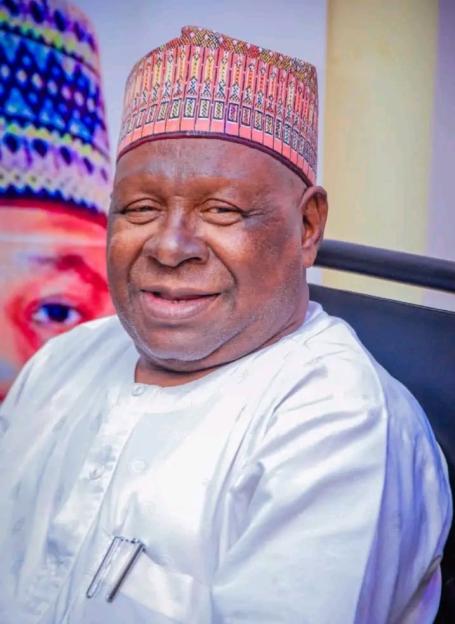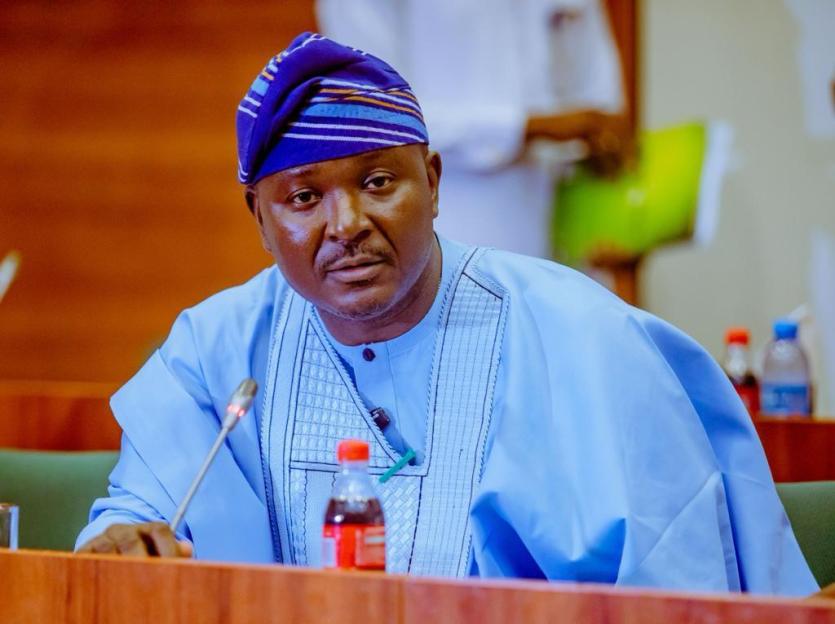The Cross River State government has expressed its intention to collaborate with federal agencies, private sector players, and international partners to boost its maritime sector.
The government said it was seeking support for sustainable marine development, climate resilience, and equitable access to ocean resources.
The state Governor, Bassey Otu revealed his intentions in Abuja, at the weekend, when he addressed a session during the World Hydrography Day 2025 commemoration with the theme: Seabed Mapping: Enabling Ocean Action.
Otu who was represented by his Deputy, Dr Peter Odey, disclosed that his government will harness hydrographic science for maritime development and economic growth.
He reaffirmed his administration’s commitment to leveraging hydrographic science to boost maritime development and drive economic growth in the state.
He emphasized the transformative potential of hydrography in regional development especially for coastal state like Cross River, adding that he is committed to leveraging hydrographic science for sustainable maritime development, security, and economic growth,”;
“As a coastal state, Cross River recognizes the indispensable value of accurate seabed mapping in unlocking the vast potential of our blue economy.”;
He commended the Nigerian Navy and the National Hydrographic Agency, NHA, for its role in the recent Bakassi Deep Sea Port Survey.
“We are particularly grateful for the recent conduct of the Bakassi Deep Sea Port survey, a landmark initiative that underscores the importance of precise hydrographic data in driving infrastructural development and regional trade. This effort aligns with our vision to position the Cross River as a hub for maritime excellence and economic transformation.”;
Speaking, Chief Hydrographer of the Federation/Chief Executive Officer, National Hydrographic Agency, Rear Admiral Ayo Olugbode, highlighted the growing significance of hydrography in national development, policy-making, and climate resilience.
“Hydrographic data today is central to maritime safety, transportation, and trade. It also influences coastal urban planning, marine biodiversity conservation, fisheries management, and disaster risk reduction,”; he said.







